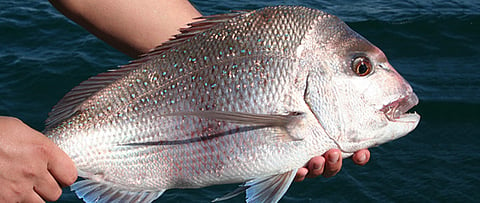

Western Australia's Department of Primary Industries and Regional Development (DPIRD) said recently that the latest West Coast Bioregion demersal scalefish science shows these keenly sought-after species are showing some early signs of recovery, but there is still a way to go before stocks are fully recovered.
This assessment by DPIRD fisheries scientists comes at the halfway point in the 20-year recovery plan to ensure the sustainability of highly-valued demersal species such as dhufish and pink snapper.
The annual two-month seasonal closure for West Coast demersal scalefish, which ended on Sunday, December 15, was part of a suite of measures introduced between 2008 and 2010 to reduce catches by all sectors to below 50 per cent of 2005/06 levels.
More recently, the McGowan Government took additional management action to enhance protection for breeding pink snapper in Cockburn Sound and surrounding waters – a measure that has been embraced by the recreational fishing sector.
DPIRD Fisheries Management Officer Shane Walters said the trend in recovery, noted in the latest research summary, has been driven by the Metropolitan and South-West areas with limited recovery in the Mid-West and Kalbarri areas, particularly for dhufish.
Mr Walters said that, while total catch by all sectors is currently below 50 per cent of 2005/06 levels, recreational catches of dhufish, pink snapper, and baldchin groper are trending upwards.
A major fish stock assessment to be conducted in late 2020 will allow the DPIRD to evaluate whether the West Coast Demersal Scalefish Resource is recovering at an acceptable rate.
In order to achieve the required recovery by the next decade, the department is proposing the development of a harvest strategy recovery plan along with key stakeholders beginning in 2020.
